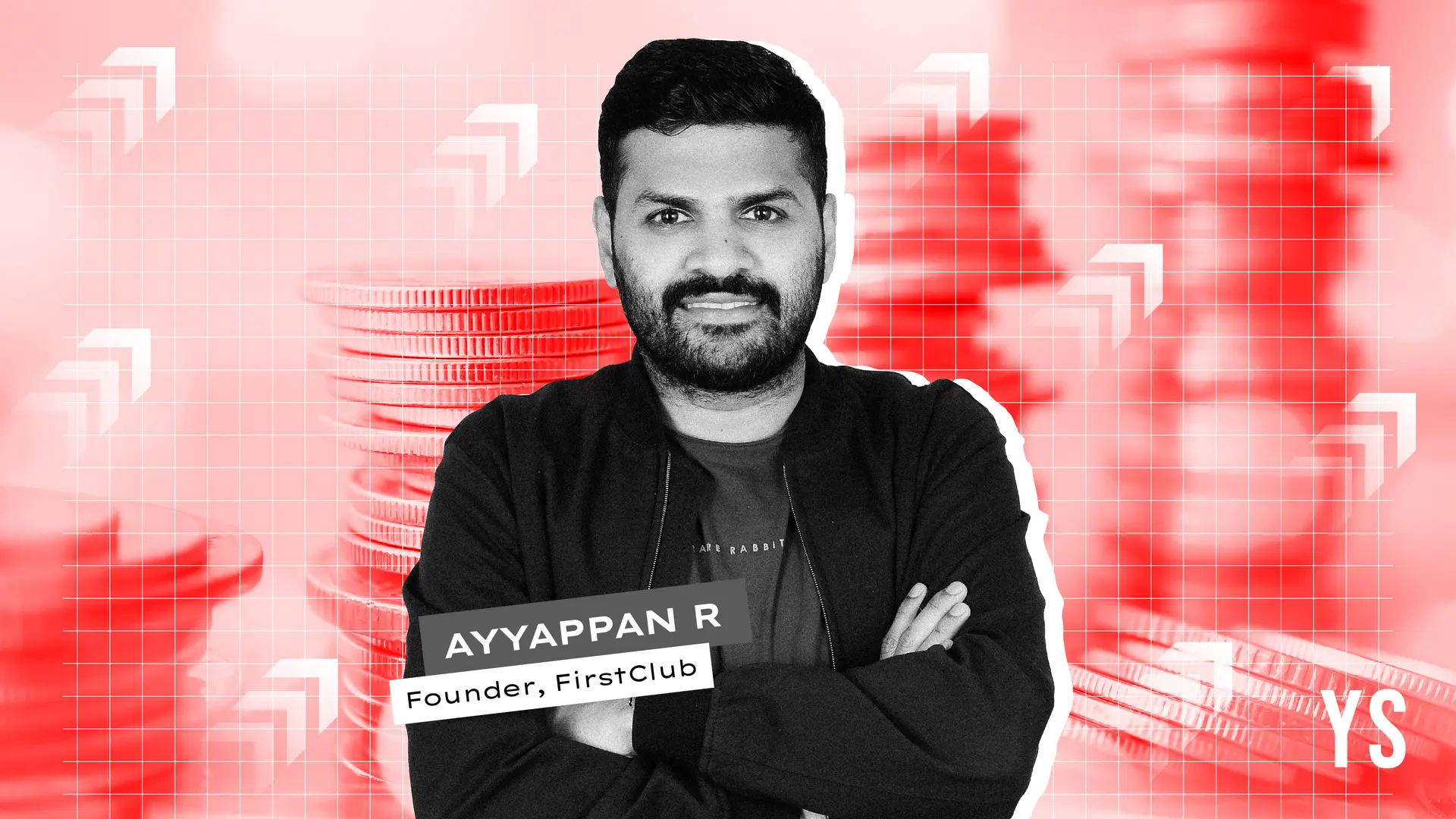Axel Hansen and Jonah Varon , Newsle : fills the gap between Facebook and Google Alerts
Monday February 21, 2011 , 5 min Read

Axel Hansen and Jonah Varon are roommates at Harvard, studying Computer Science. Axel researched computer security at Dartmouth, where he published papers on network anomaly detection and smart fuzzing. Last summer, he was a software engineering intern at Google, where he worked on Chrome OS. Jonah started College FML last year, a humorous network of college-specific websites at Princeton, MIT, Brown, UCSD, and elsewhere. Jonah talks to YourStory about this Harvard startup.Newsle tracks real, published news about the people you care about. With Newsle, you'll never miss an important story about your Facebook friends, LinkedIn contacts, or favorite public figures. Newsle fills the gap between Facebook and Google Alerts.
How did Newsle come about?
We built Newsle because we wanted to find out what cool things our friends were up to, and we couldn’t find it on Facebook. The problem with Facebook is that there is some interesting information about what your friends are doing, but it’s hard to find, because there’s so much social noise. Newsle finds real news about -- not by -- your friends and professional contacts. There's less content than Facebook, but Newsle only shows you important news that you need to know.

How can people use Newsle?
Users can browse our categorized, curated lists of public figures to find people who interest them, or search our extensive database, which includes millions of people. We allow users to control how much news they see about each person they follow. When you rate articles up or down, Newsle learns what kind of news you're interested in and tailors your newsfeed to your interests. We also send you periodic email updates with recent news about the people you're following. You can comment on articles, and your comments get aggregated on your profile. You can also submit articles about yourself and the people you're following.
So is Newsle a replacement for traditional news sources?
No. It’s a supplement. The goal of Newsle is to make sure you never miss an important story about a friend, professional contact, or public figure you care about.
How often should users check their Newsle newsfeed?
Depends on the user. In beta, we found that some people checked it every day, and others once or twice a week. We’ve put a lot of effort into making sure it works for both kinds of users, by combining the importance and timeliness of articles in our algorithms. So if you come back daily, you’ll see more up-to-date news. If you come back once a week, the news you see might be a few days old, but it’s the most important news from that week. And you’ll never see the same article twice in your newsfeed.
Check out Newsle here : http://www.newsle.com/
Axel Hansen and Jonah Varon are roommates at Harvard, studying Computer Science. Axel researched computer security at Dartmouth, where he published papers on network anomaly detection and smart fuzzing. Last summer, he was a software engineering intern at Google, where he worked on Chrome OS. Jonah started College FML last year, a humorous network of college-specific websites at Princeton, MIT, Brown, UCSD, and elsewhere. Jonah talks to YourStory about this Harvard startup.
Newsle tracks real, published news about the people you care about. With Newsle, you'll never miss an important story about your Facebook friends, LinkedIn contacts, or favorite public figures. Newsle fills the gap between Facebook and Google Alerts.
How did Newsle come about?
We built Newsle because we wanted to find out what cool things our friends were up to, and we couldn’t find it on Facebook. The problem with Facebook is that there is some interesting information about what your friends are doing, but it’s hard to find, because there’s so much social noise. Newsle finds real news about -- not by -- your friends and professional contacts. There's less content than Facebook, but Newsle only shows you important news that you need to know.
How can people use Newsle?
Users can browse our categorized, curated lists of public figures to find people who interest them, or search our extensive database, which includes millions of people. We allow users to control how much news they see about each person they follow. When you rate articles up or down, Newsle learns what kind of news you're interested in and tailors your newsfeed to your interests. We also send you periodic email updates with recent news about the people you're following. You can comment on articles, and your comments get aggregated on your profile. You can also submit articles about yourself and the people you're following.
So is Newsle a replacement for traditional news sources?
No. It’s a supplement. The goal of Newsle is to make sure you never miss an important story about a friend, professional contact, or public figure you care about.
How often should users check their Newsle newsfeed?
Depends on the user. In beta, we found that some people checked it every day, and others once or twice a week. We’ve put a lot of effort into making sure it works for both kinds of users, by combining the importance and timeliness of articles in our algorithms. So if you come back daily, you’ll see more up-to-date news. If you come back once a week, the news you see might be a few days old, but it’s the most important news from that week. And you’ll never see the same article twice in your newsfeed.






